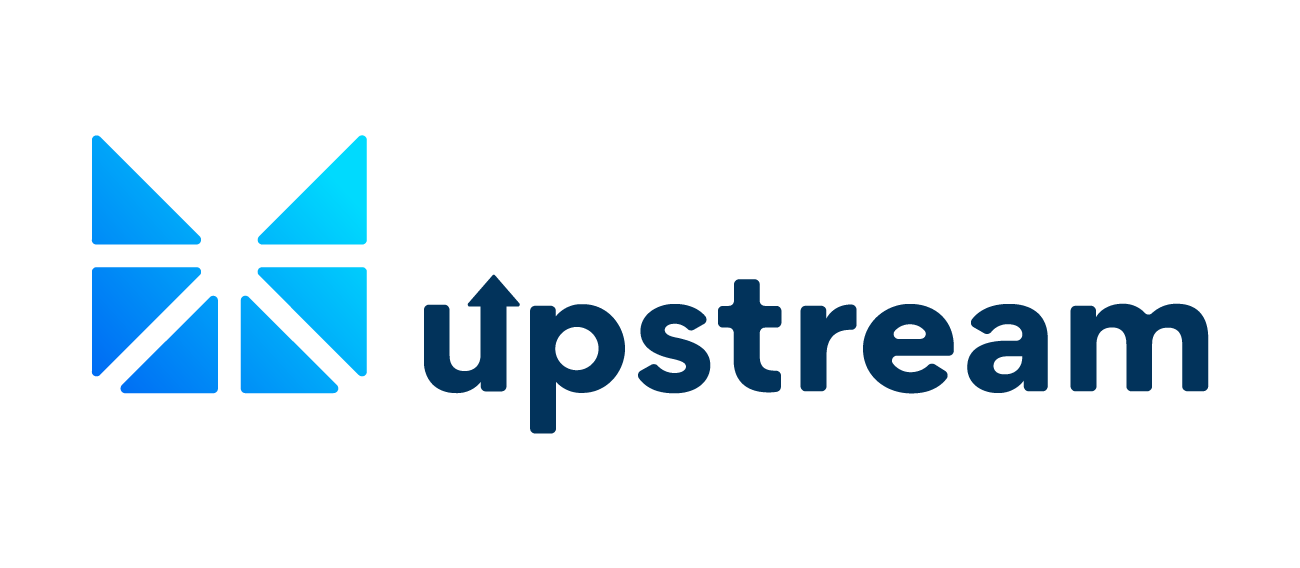
By Vanessa Malone
First, what is the upcoming FATF news everyone is talking about?
The Financial Action Task Force (FATF) is an inter-governmental body established in 1989 by the Ministers of its member jurisdictions. The FATF develops Recommendations with the goal of bringing about international legislative and regulatory reform to combat money laundering and terrorism financing.
According to Bloomberg, FATF spokeswoman Alexandra Wijmenga-Daniel reported that a new set of guidelines focused on AML for virtual currencies will be released to the public next week on June 21. These rules are said to apply to businesses working with tokens and cryptocurrencies, including exchanges, custodians and crypto hedge funds.
What‘s the debate?
The biggest recommendation the industry is worked up about is the guidance that would require companies to collect information from any customer executing transactions over $1000 as well as the customer receiving those funds.
If these guidelines are adopted, the data collection and technology necessary greatly expands beyond the standard Know Your Customer (KYC) information that the majority of exchanges currently require — if required at all.
Supporters suggest this change will lead to the greater good of the industry. The cryptocurrency market is currently a highly volatile and unregulated space. Pump and dump schemes, wash trades, and other market manipulation tactics are all very prevalent on these exchanges and definitely threaten the validity of cryptocurrency markets as a whole.
Those opposed are saying it’s ridiculous to regulate Bitcoin and other cryptocurrencies like a bank when they’re nothing like it. Some also say that added regulation will push more people to transact in other, less regulated ways; i.e., a crypto exchange black market.
Ultimately, it would be very costly for today’s crypto exchanges to comply with the proposed guidelines. They would either need to restructure their entire exchange or as our CEO Brian Collins added, “offer an on-chain execution linked to a trusted blockchain ID (hash).”
Despite conflict within the blockchain community itself, the G20 group of nations (the premier international forum for global economic cooperation), which includes the US, have already affirmed they will abide by whatever AML standards are finalized by the FATF.
That said, companies from Coinbase to Kraken to the other hundreds of crypto exchanges and blockchain market participants should focus energy on trying to solve for this in a sensible, cost-effective way while still maintaining the overall privacy of their users.
The implications the FATF guidelines have for the greater blockchain community
While the focus of the FATF’s upcoming guidelines is on virtual currencies, the implications are echoed throughout the blockchain community and all market participants in some way, shape, or form.
Fortunately, the digital securities community is even more nascent than the cryptocurrency wave. There are hundreds of crypto exchanges, but no liquid digital securities marketplaces exist.
This presents a real opportunity for the digital securities community to learn, grow, and adapt from the shortcomings we’re observing in the cryptocurrency realm.
We can take this as a call to innovate and develop blockchain technology which weaves solutions for these problems directly into the infrastructure.
As a blockchain technology provider, we welcome the FATF’s guidance to implement comprehensive AML solutions to protect investors and prevent bad actors from compromising the incredible benefits the blockchain has to offer.
Shouldn’t we all?
Two of the problems reflected in the Bloomberg article were that compliance would be costly and that technology doesn’t exist that would maintain the values blockchain prides itself on, such as privacy and transparency.
Our team is going to disagree with that.
Drum roll, please…
It’s possible to have compliant technology without sacrificing the core values of the blockchain. Here’s what it looks like.
Our motto has always been centralized compliance, decentralized secondary trading. You can read more about it in our previous blog here.
Centralized regulation, decentralized secondary trading
The idea behind it is that some aspects of the blockchain marketplace need to be centralized in order to add necessary investor protections and fail-safes in case something goes wrong. This becomes clear when you look at the plethora of scams, scandals, and hacks that left investors frustrated and at a loss in the ICO-era.
Our technology from Tokenetics to AMLcop, to our KYC-linked-to-trade solution already align with the FATF’s proposed guidance. It’s forward-thinking in that we started with the goal of creating secondary liquidity and worked backward to develop technology that would complement this goal.
Privacy
Through Horizon’s recently launched Ethereum-based KYCware investor onboarding app product, investors are onboarded, verified, and whitelisted via a KYC/AML app. The identity of the investor is known and verified in a secure offline location, while the investor private key is never known or stored with the issuer, bank, or other entity. This is a critical difference as private keys have the ability to be hacked or compromised in traditional cryptocurrency exchanges which store them in their databases.
Furthermore, there is no “Vanessa Malone identity” on the blockchain, merely a record of all transactions that take place, along with a digital signature, known as a wallet, authorizing the transactions. Only a regulated entity — for
Horizon we depend on a transfer agent — who holds the customer information (offline) can link the true, KYC’d identity to these transactions.
Transparency
All of Horizon’s KYC/ AML and custody transactions are signed and this digital signature is immutably stored on the Ethereum public blockchain. Investors can be assured that their data has not been tampered with in transit and issuers or marketplaces can maintain timestamped proof compliant checks are in place for regulators, should they ever be subpoenaed to share them with the authorities. This adds an additional layer of protection and transparency for investors and issuers, as anyone can view the public ledger at any time.
We believe that only key regulated implementations of the primary issuance process need to be centralized, allowing us to continue to leverage the many decentralized benefits of blockchain for the remainder of our implementation.
The blockchain is already proving to have the ability to solve for inefficiencies across a wide range of industries. It only makes sense that the blockchain has the ability to solve for our own.
Just as the FATF works to identify and solve for vulnerabilities with the aim of protecting the international financial system, the blockchain community should band together to protect the true value of the blockchain through a unified goal of developing and pushing innovative solutions.
About Horizon:
Horizon offers a suite of integrated blockchain software applications for compliant issuance and secondary trading of digital securities. Truly a compliance-first business, our solutions combine Wall Street and Silicon Valley to power the next generation of exchanges and securities offerings in the US and around the world.
Current SaaS products include digital securities issuance and transfers through Tokenetics (tokenetics.com); white-label investor onboarding and KYC identity verification through KYCware (kycware.com); watchlist management sanctions and PEP screening through AMLcop (amlcop.com); transfer agent custody tools through Custodyware (custodyware.com), and an advanced retail trading app for compliant secondary trading on affiliated digital securities marketplaces through Open Order Book (openorderbook.com). All software applications can be utilized independently or integrate with one another. Learn more at https://horizon-globex.com/.

